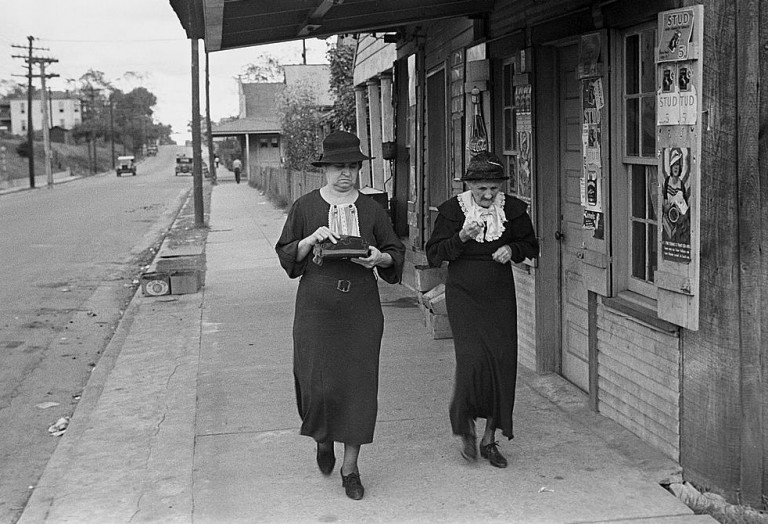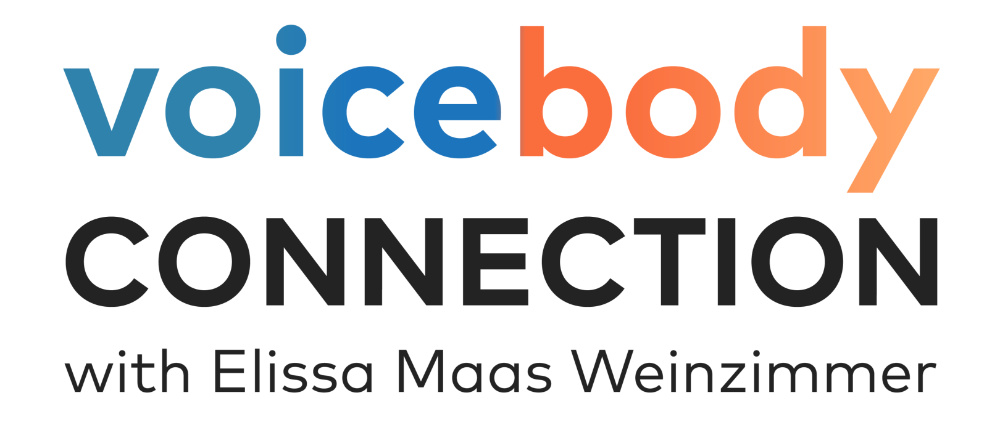Ease up on that emotional pressure

Last week on the blog, I introduced an idea I call “actor voice.” Actor voice is when a performer or speaker doesn’t sound authentic because they are stuck in a vocal pattern. I named a handful of different vocal patterns that are possible to get stuck in, and today I want to elaborate further on a specific one I mentioned called “emotional pressure.” Here’s what it is:
Emotional pressure is when you let the idea of the emotion you’re feeling get ahead of your thoughts.
For example, let’s pretend we’re playing Juliet in R&J. We’re doing that famous Gallop apace monologue – the one where Juliet simply can’t wait for night to fall so Romeo can come to her bedroom and take away her v-card (if you ever thought otherwise, think again… Shakespeare gets racy!).

Don’t worry, Claire Danes didn’t do the emotional pressure thing. We love her.
If we were to assign an emotion to this monologue, let’s say we could call it longing. But here’s the problem: if every single line of our monologue starts to take on the cadence of longing, whining impatience, the audience is going to tire on our Juliet fast. Just like with any actor voice pattern, the audience will get distracted by the repetition of tones and have trouble understanding what we’re actually saying. So let’s debunk this emotional pressure habit. Here’s an illustration that offers why emotional pressure is actually so silly:
Imagine you’re walking down the street towards a street corner, and you think to yourself: “When I get to that street corner I’m going to get angry.”
What?! Why!?! That’s kookoo isn’t it??

Okay well these women are already in a bad mood, but that’s a different thing (Also OMG this pic, right?!… thank you internet)
Whyever would you be walking down the street and decide that you’ll get upset in 14 paces? Sure, if something happens at that street corner – a car cuts in front of you as you’re stepping off the sidewalk, or a pedestrian staring at their phone walks into you – then you might get you upset! But deciding to be upset arbitrarily with no basis is the silliest! Why? Because:
Emotions are a by-product of a thought or an action.
Emotions arise out of events that occur: thoughts that we have or events that transpire. They’re not in the lead. Putting an emotion out in front of a thought is quite simply putting the cart before the horse – it makes no sense. And yet we do it all the time when we’re performing. We’ve read the script and we think we know what’s up, so we decide “this part is sad” or “in this speech she’s happy.” Nope! How could you possibly know? All you can do is have the thoughts and see what arises. If you lead with the emotion, you’re bound to lapse into a fake-sounding actor voice.
So emotional pressure is not our friend. Emotional pressure is an indication that you know more than any human can actually know in the present moment. Good news though, because we have a solution and I mentioned it in last week’s blog: let every thought have its own energy.
When we’re genuinely forming our thoughts into speech, each thought has a different vocal energy. This is what we do in our lives and it’s what we need to carry into our performing. So let that emotional pressure go and say it with me over and over again:
Let every thought have its own energy.
I told you it’s the best mantra 😉
—
New tradition! I get that for a lot of us it’s much easier to hear this stuff out loud than read about it on a webpage. That’s why I’ve decided to set a weekly appointment where I go live on facebook for “Lessons with Elissa.” Every Friday at 1pm EST, I’ll be live on the Voice Body Connection facebook page to share a specific tip for your voice or vocal health.
Here is the link to the Facebook Live video supporting this week’s blog!
50% Complete
Get each week's podcast episode in your inbox.
Plus other voice news from me! Pop in your details below and then keep an eye on your inbox... Remember to check your spam folder, just in case!
